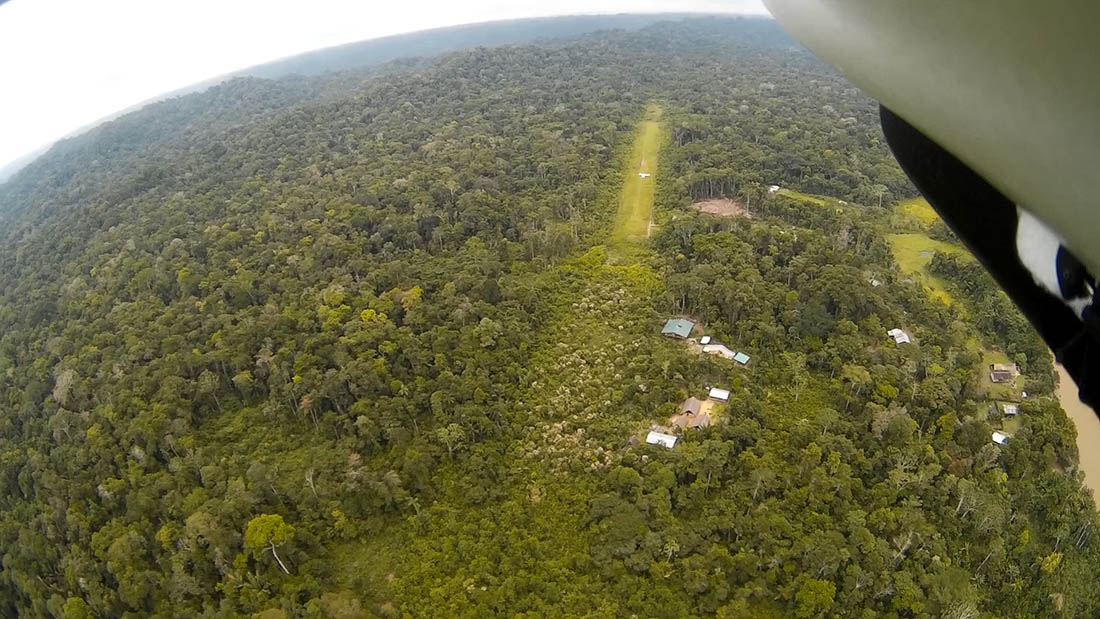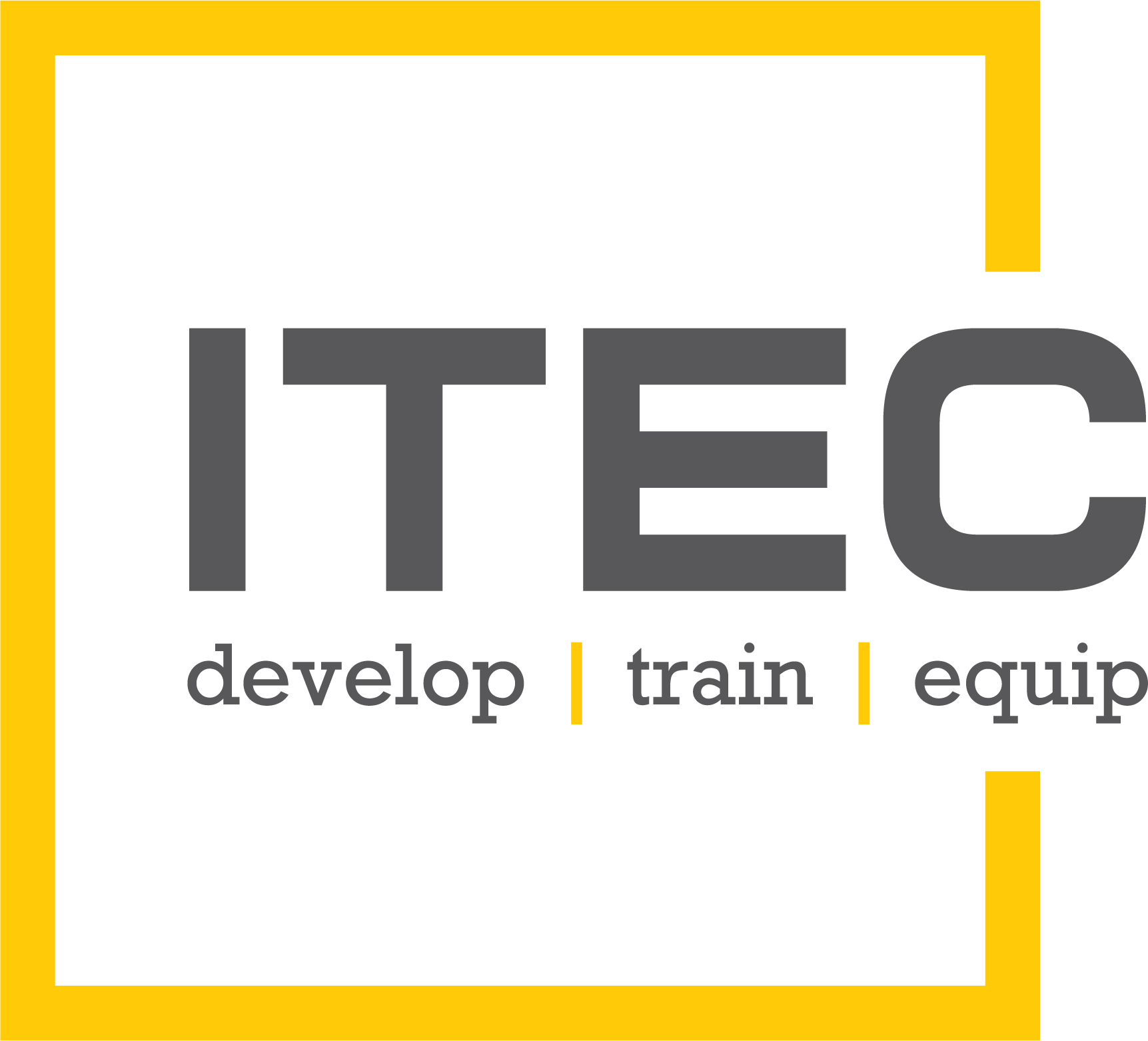New Opportunities in Ecuador
Air travel has long been a life-saving form of transport in the jungles of eastern Ecuador. From the first flights of Nate Saint's Piper, to the modern day, when men like Galo Ortiz and many others fly daily into the jungles, the villagers of the rainforest have come to depend on the continuity of air travel for quality of life and sometimes for survival.
Today, there is a new possibility for delivering small items out to jungle villages, and all involved are excited about the opportunities. The UAV program started at ITEC with Troy Townsend and Aaron Thiessen, and is now run locally in Ecuador by Willy Almeida. This technology has the potential to save not only costs, but lives, as the small lightweight aircraft can follow a pre-programmed flight plan and drop a package with consistent accuracy.
In the near future, these UAVs should be able to deliver a variety of small items from the Waodani village of Tzapino to the numerous villages in that section of the jungle. With Tzapino as a hub, 10 Wao villages will be in reach for round-trip missions, which the team demonstrated during testing this month. For emergencies, one-way trips could be made to the very extent of the known Wao villages in the Ecuadorian rainforest, flying to a maximum distance of eighty miles.
A Payload of Possibilities
There are many possibilities, but one project that could begin very soon is deliveries in support of the farming efforts already going in each of the villages. Seeds, small tools, and other necessary items could be sent quickly out from one central location, saving time and gasoline from the big airplanes. The possibilities of functioning farms offer a great economic benefit to the indigenous populations, and anything that makes those possibilities become realities is welcome.
Emergency first aid is another area where the UAVs offer exciting opportunities. ITEC Ecuador, through Rhonda Walker and others, has already been working to train and prepare health responders in each village. The program will fit well with the delivery system of the UAVs. They can deliver life-saving medications, bandages, and numerous other medical supplies to the health promoters, who are trained to use them for the needs of people in their own communities.
Electronic devices and components delivered to remote villages will provide a more reliable and consistent form of contact, and once this is firmly established, the UAV program will be able to reach its full potential. To fulfill a need, you must know the need exists, so some aspects will rely on this ability to communicate, for which the team is already considering and planning.
 A Tool to Show the Love of Christ
A Tool to Show the Love of Christ
There is still work to be done, and, like all good things, care, thought, and preparation will be critical for future success. But the team here in Ecuador, with the encouragement and training of the team in Florida, has enthusiasm and ideas for the future. They look forward to working with the local churches and the churches in the villages themselves to provide aid, quality of life, and, most importantly, physical examples of the love of Christ.
All involved are keenly aware of what that Christ-like love really is. It is compassion, a heart for the lost and hurting, and then an expectation. Christ healed the sick, cast out demons, gave living water, and then told his followers it was their turn to do the same.
Through future training, the UAVs in Ecuador and in different regions of the world, should be able to aid churches in all aspects of that love: saving lives, bringing the literal and spiritual seeds for growth and change, and then giving training, so that others can reach a little farther, then a little farther, to find the lost and fulfill the Great Commission.

